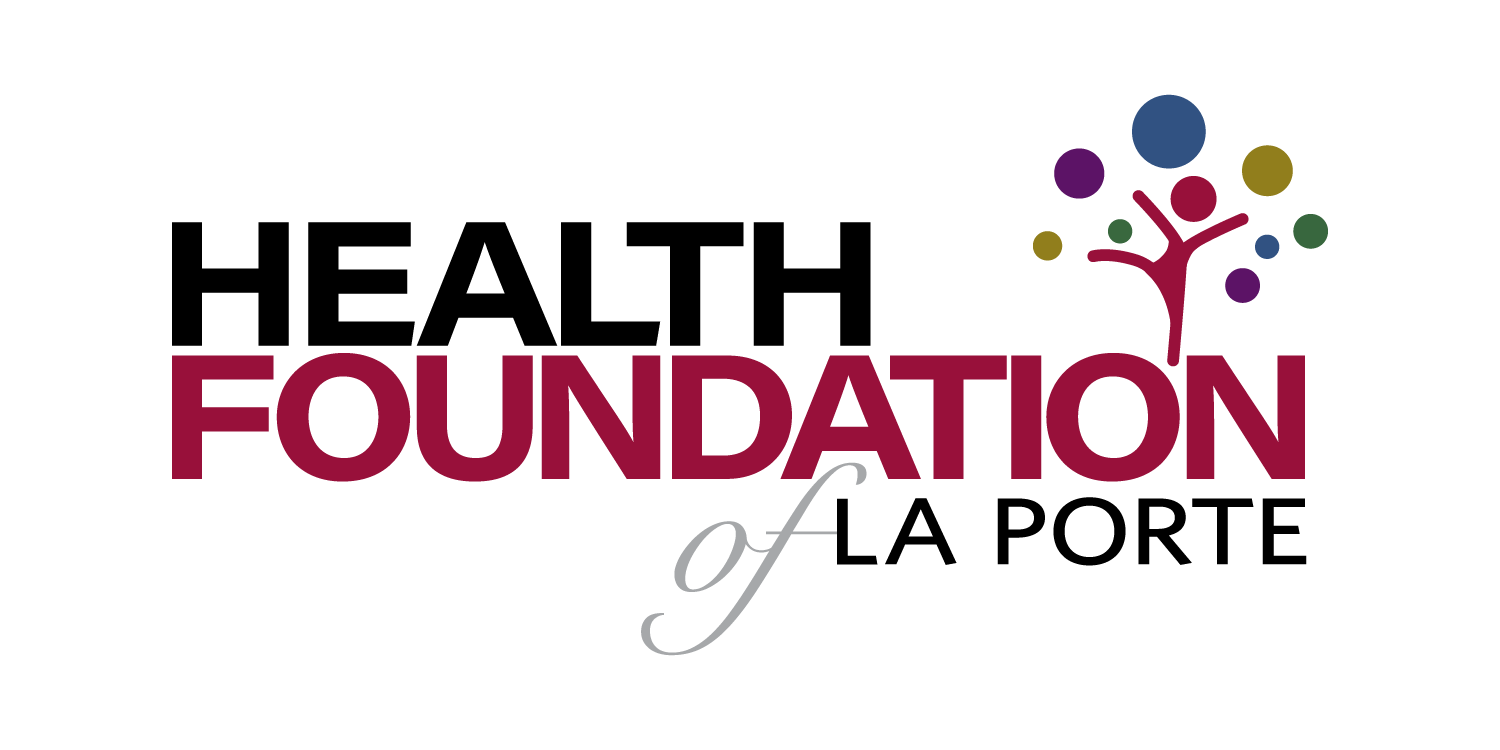Promising Practices
The Promising Practices database informs professionals and community members about documented approaches to improving community health and quality of life.
The ultimate goal is to support the systematic adoption, implementation, and evaluation of successful programs, practices, and policy changes. The database provides carefully reviewed, documented, and ranked practices that range from good ideas to evidence-based practices.
Learn more about the ranking methodology.
Filed under Evidence-Based Practice, Community / Social Environment, Teens
Goal: The goal of the TFCO program is to decrease problem behavior and to increase developmentally appropriate normative and prosocial behavior in children and adolescents who are in need of out-of-home placement.
Impact: When compared with the control group, TFCO youths spent 60% fewer days in incarceration, had significantly fewer subsequent arrests, and had significantly less hard-drug use.
Filed under Evidence-Based Practice, Health / Older Adults, Older Adults
Goal: The Matter of Balance/Volunteer Lay Leader (MOB/VLL) program is designed to reduce the fear of falling, stop the fear of falling cycle, and improve the activity levels among community-dwelling older adults. The goal of the program is to use volunteer lay leaders as facilitators, in order to make the program affordable to offer in the community setting.
Impact: When following up one year after the program, participants reported significant gains in fall management and there was a trend to increased exercise level as well. In addition, participants sustained a reduction in monthly falls.
Filed under Good Idea, Health / Older Adults, Older Adults
Goal: The goals of the program are to help participants learn how to view falls and the fear of falling as controllable, set realistic goals for increasing activity, change their environment to reduce fall risk factors, and exercise to increase strength and balance.
Impact: After completing the program, 97% of participants are more comfortable in talking about falls, 95% have made environmental changes, and 99.5% plan to continue exercising.
A Population Health Approach to Clinical Social Work with Complex Patients in Primary Care (Portland, Maine)
Filed under Evidence-Based Practice, Health / Other Conditions
Goal: Patients with the highest medical and social vulnerability require a population-specific social work intervention in primary care to achieve positive medical outcomes and to decrease inefficient use of services, especially inpatient admissions and ED visits.
Impact: The study exhibits promise in decreasing inpatient visits and cost. The evidence also supports population-specific social work interventions integrated in primary care.
Filed under Evidence-Based Practice, Health / Disabilities, Adults
Goal: The program's goal was to eliminate the waiting period for access to health care benefits for newly entitled SSDI beneficiaries, and see if this investment has long-term benefits.
Impact: The AB Demonstration project successfully increased the use of health care services and reduced the reported unmet health care needs of participants in the program.
Filed under Evidence-Based Practice, Health / Physical Activity, Children
Goal: The project aims to promote a healthy lifestyle and reverse the trend of obesity among students and their families.
Impact: The ABC Fitness Program demonstrates the feasibility of bursts of structured physical activity for elementary school students with the beneficial effects on fitness and other health measures.
Filed under Evidence-Based Practice, Health / Children's Health, Children, Families, Urban
Goal: The goal of the program is to teach parents/caregivers effective parenting skills, create a support system for their children, and equip participants with non-violent techniques to encourage a safe environment at home and in the community.
Impact: ACT program has been shown to prevent child maltreatment and promote positive parenting skills, including reducing physical violence towards children, improving knowledge of appropriate discipline, and improving parent methods for teaching children nonviolent social skills.
Filed under Effective Practice, Health / Mental Health & Mental Disorders, Children, Teens
Goal: The goal of ART® is to improve social skill competence, anger control, and moral reasoning.
Filed under Evidence-Based Practice, Health / Children's Health, Children
Goal: The goal of the Al's Pals program is to teach children how to practice positive ways to express feelings, relate to others, communicate, brainstorm ideas, solve problems, and differentiate between safe and unsafe substances and situations.
Impact: Studies have shown that the program resulted in higher degrees of positive change in the intervention groups, increases in prosocial behaviors and positive coping behaviors, and decreases in antisocial and negative coping behaviors.
Filed under Evidence-Based Practice, Health / Adolescent Health, Teens
Goal: To reduce the number of older adolescents who progress to established smoking.
Impact: The television component of the Massachusetts antismoking media campaign may have reduced the rate of progression to established smoking among young adolescents.

